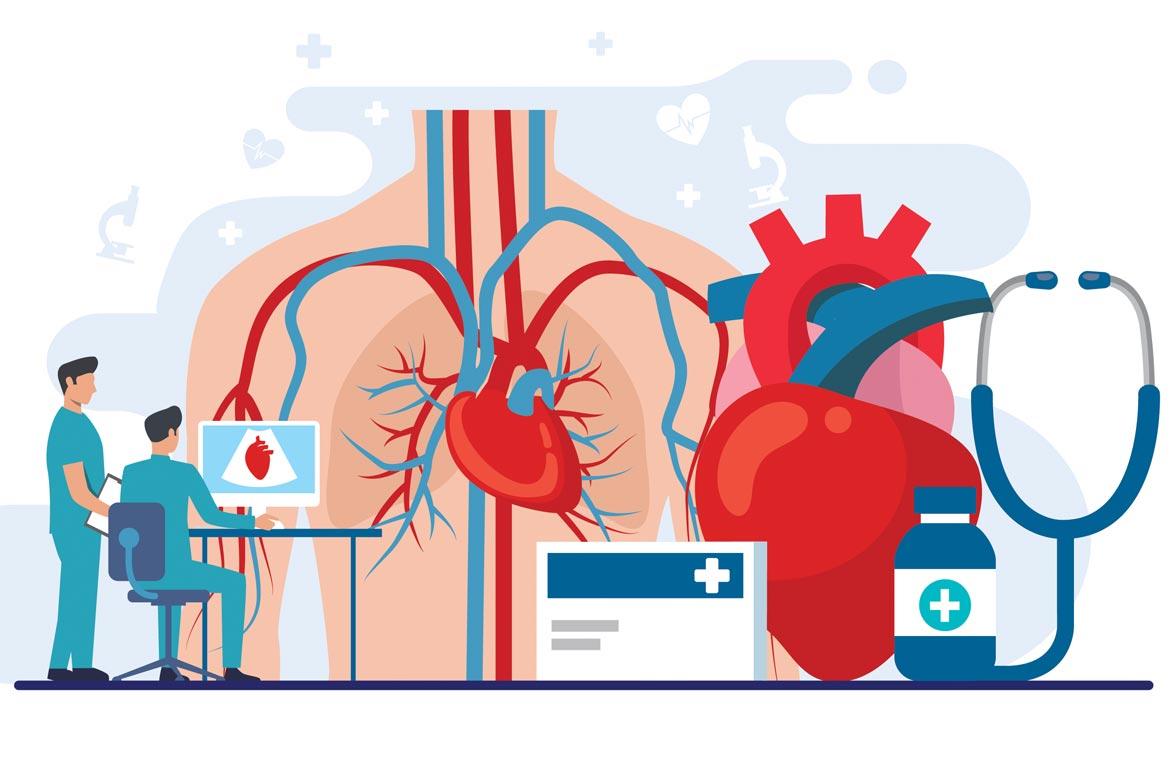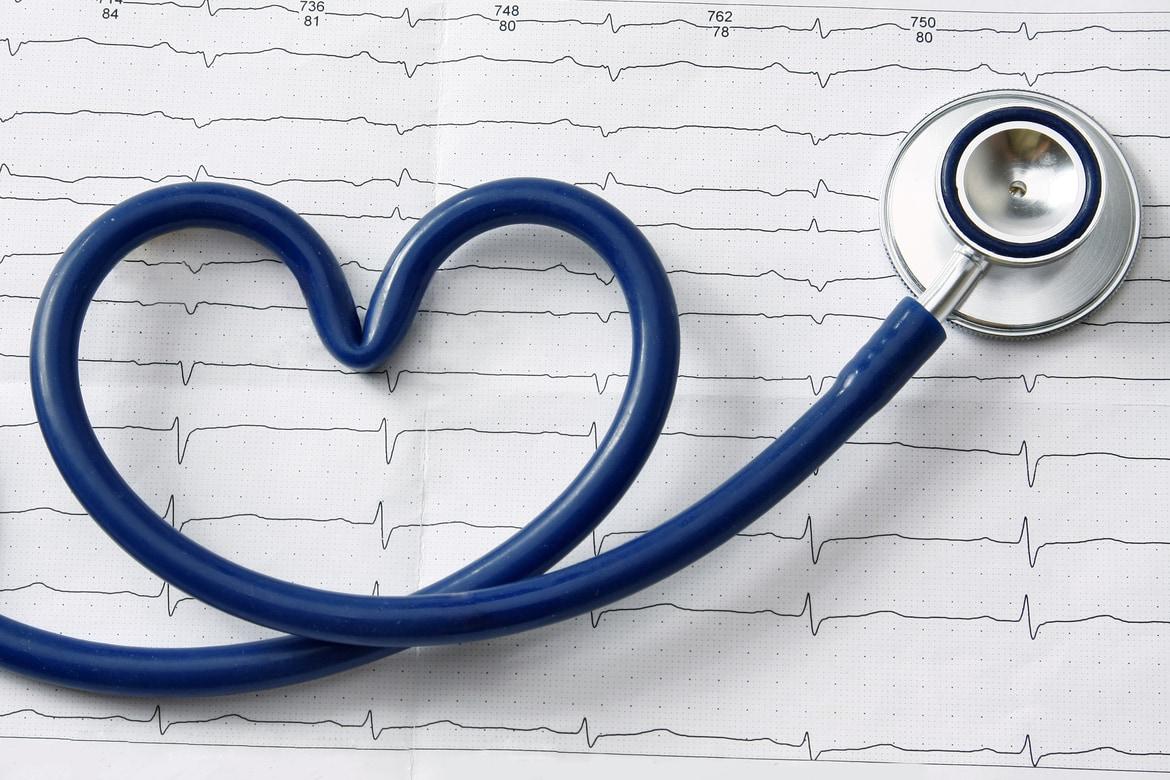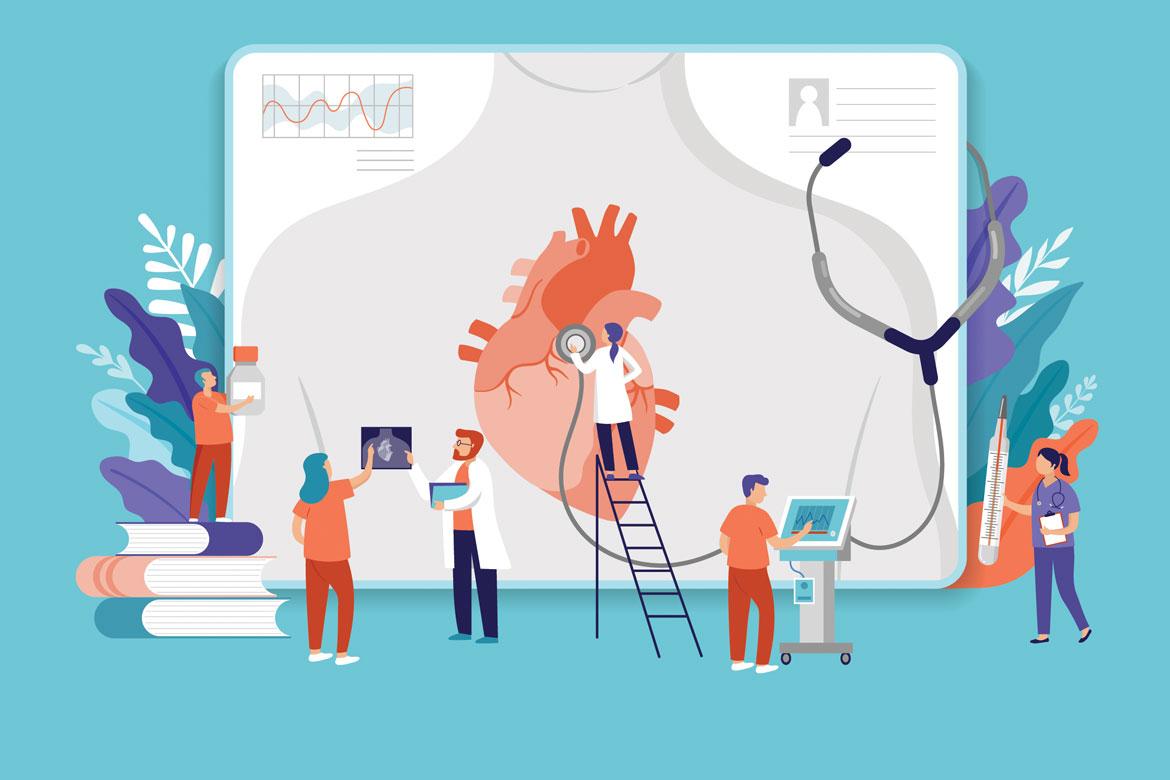Health Plus articles
Treating Mitral Valve Regurgitation Without Open-Heart Surgery
Mitral valve regurgitation can now be treated without open-heart surgery through a minimally invasive procedure known as transcatheter edge-to-edge repair (TEER) — using systems such as MitraClip and PASCAL.
8 Common Heart Scans and Tests
Dr Ong Hean Yee, cardiologist, shares 8 common scans your doctor may perform to scope out your heart health.
What Are Your Treatment Options for Congestive Heart Failure?
Dr Lim Choon Pin, cardiologist at Mount Elizabeth Hospitals, explains your treatment options for congestive heart failure (CHF).
Men’s Health: 3 Conditions Men Should Be Wary Of
3 common health concerns affecting men that you should know about.
TAVI: A Game Changer in Heart Surgery
Any heart surgery comes with risks, thus the transcatheter aortic valve implantation (TAVI) to improve the treatment of deadly heart diseases has been a welcomed effort.
Coffee, Yay or Nay? Here's What Caffeine really Does to Your Heart and Brain
Your morning cup does way more than boost your energy. Dr Ooi Yau Wei talks about how caffeine affects your health.










